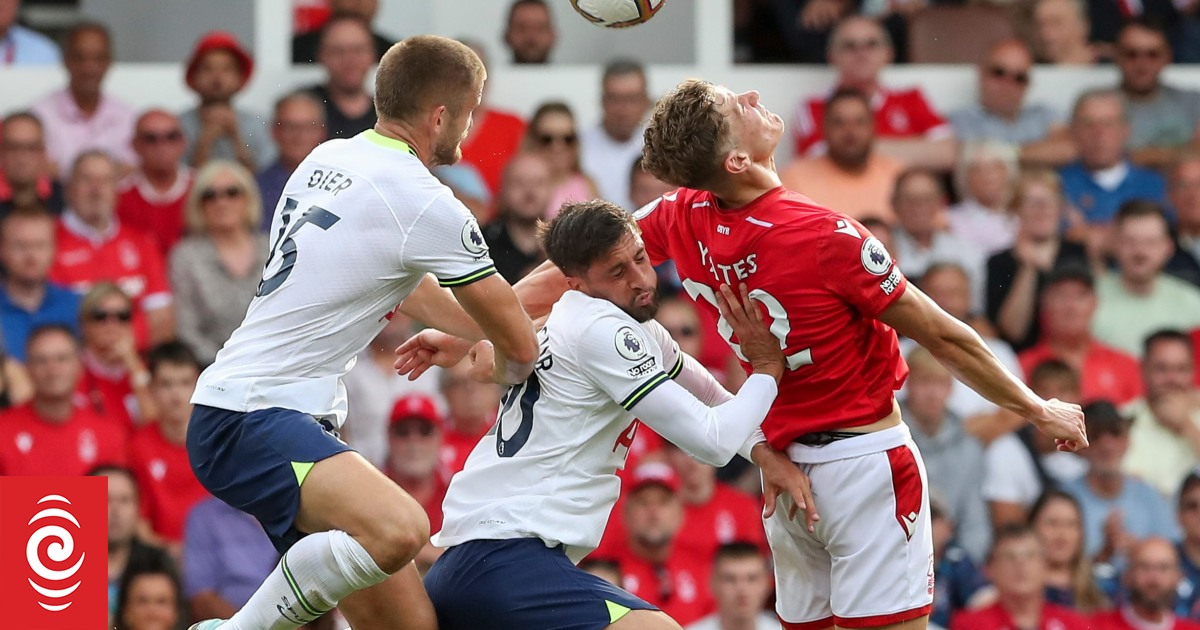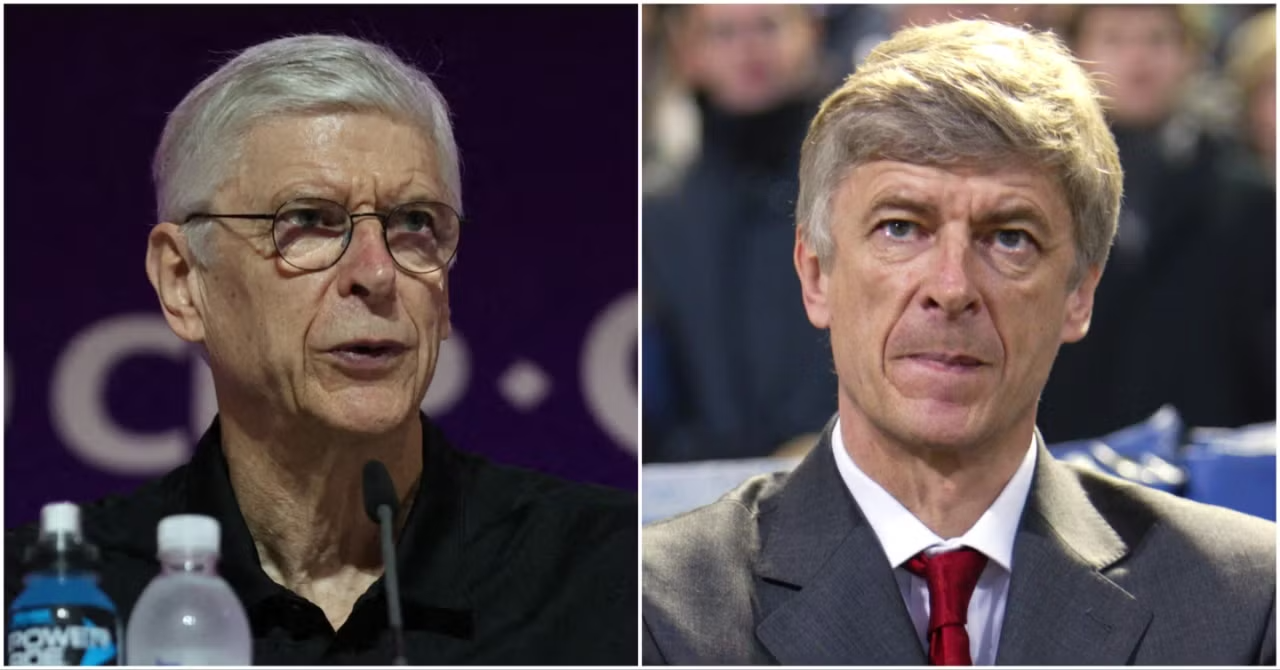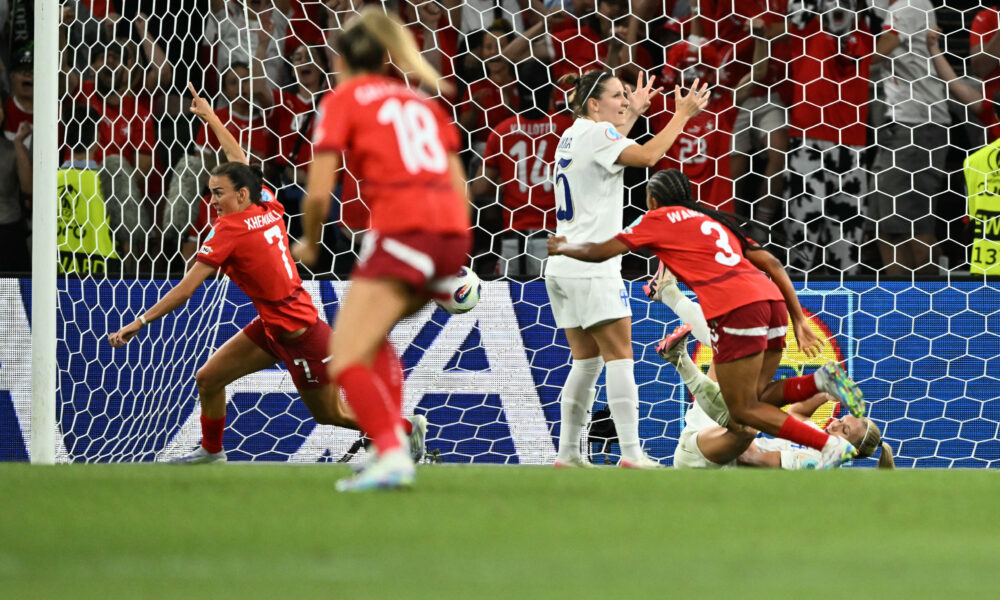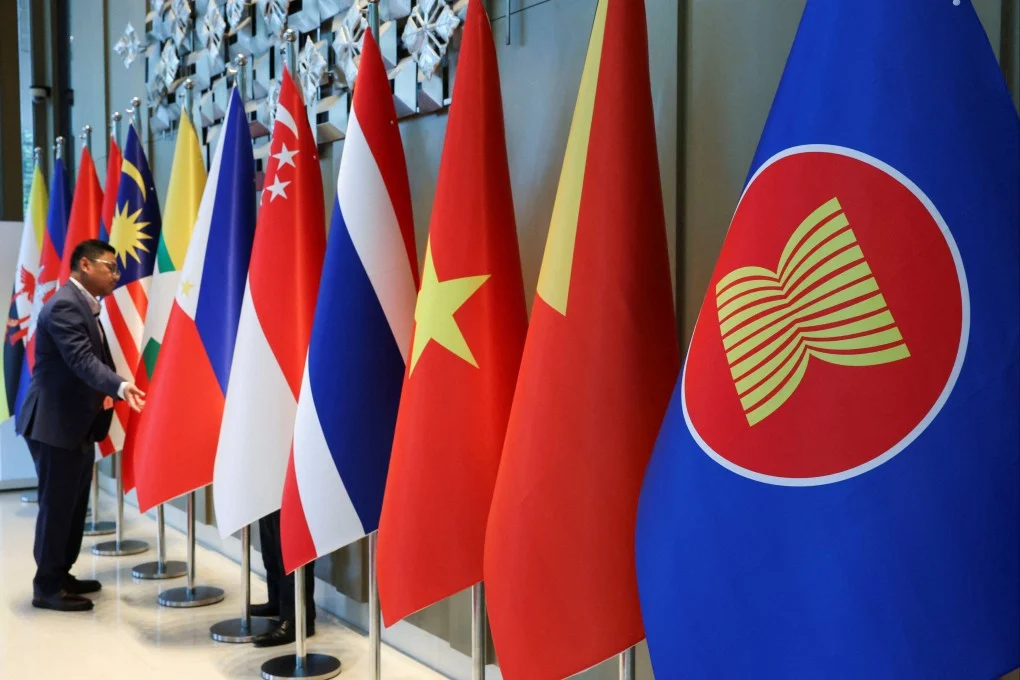Wenger defends Club WC format
Wenger Defends New Club World Cup Format Amid Global Debate
Arsène Wenger, FIFA’s Chief of Global Football Development and one of the most respected voices in modern football, has strongly defended the newly revamped Club World Cup format, pushing back against criticism that the expanded competition risks overloading the football calendar and diluting quality. In a recent statement, Wenger emphasized the tournament's global vision and developmental benefits, calling it a “necessary evolution for the global game.”
The 2025 edition of the Club World Cup is set to feature 32 teams, a sharp expansion from the traditional seven team format. This change has been met with skepticism by players’ unions, club managers, and national federations concerned about player welfare, scheduling congestion, and commercial motivations. However, Wenger insists the tournament offers a rare platform for clubs from underrepresented regions to showcase their talent and challenge the European elite on a bigger stage.
Speaking to international media, Wenger highlighted how the new structure mirrors the successful format of the FIFA World Cup. “This format gives opportunities to clubs across continents and offers fans a fresh, competitive spectacle,” he said. “It’s not just about Europe and South America Africa, Asia, and North America deserve meaningful club representation at the world stage.”
Wenger acknowledged the concerns regarding player fatigue but emphasized that calendar adjustments and squad management innovations can ease the burden. “We must be careful, yes, but also ambitious. The Club World Cup is an ideal way to globalize competition responsibly. Football must evolve in sync with its worldwide popularity,” he noted. FIFA has reportedly been working with continental confederations to ensure sufficient rest periods and minimize fixture clashes.
Critics argue the tournament may devalue existing competitions like the UEFA Champions League or stretch club squads thin. However, Wenger countered that rather than replacing existing prestige, the Club World Cup enhances it. “The Champions League will always remain Europe’s crown jewel, but a global club title offers a different type of legacy,” he said.
The former Arsenal manager also pointed to the potential economic uplift for clubs outside the traditional powerhouses. With broader television rights, sponsorships, and prize money, participation could help level the playing field, offering smaller clubs international exposure and financial stability. “It’s a chance for growth both sporting and economic for clubs who rarely get to compete on a global stage,” Wenger added.
In defending the tournament, Wenger has become the public face of FIFA’s ambitions to reshape club football's global hierarchy. While debate continues among stakeholders, his belief in the long term potential of the Club World Cup remains firm. As the 2025 launch date nears, his advocacy will likely play a key role in shaping public and institutional perception of one of FIFA’s boldest projects yet.






 AI Startups Boom in Bengaluru
AI Startups Boom in Bengaluru  New Bill on Data Protection Tabled
New Bill on Data Protection Tabled  Swiss into Euro 2025 quarters
Swiss into Euro 2025 quarters  U.S. tariffs favour Asia?
U.S. tariffs favour Asia?  Stevens Point tests upgraded storm sirens ahead of system upgrade
Stevens Point tests upgraded storm sirens ahead of system upgrade